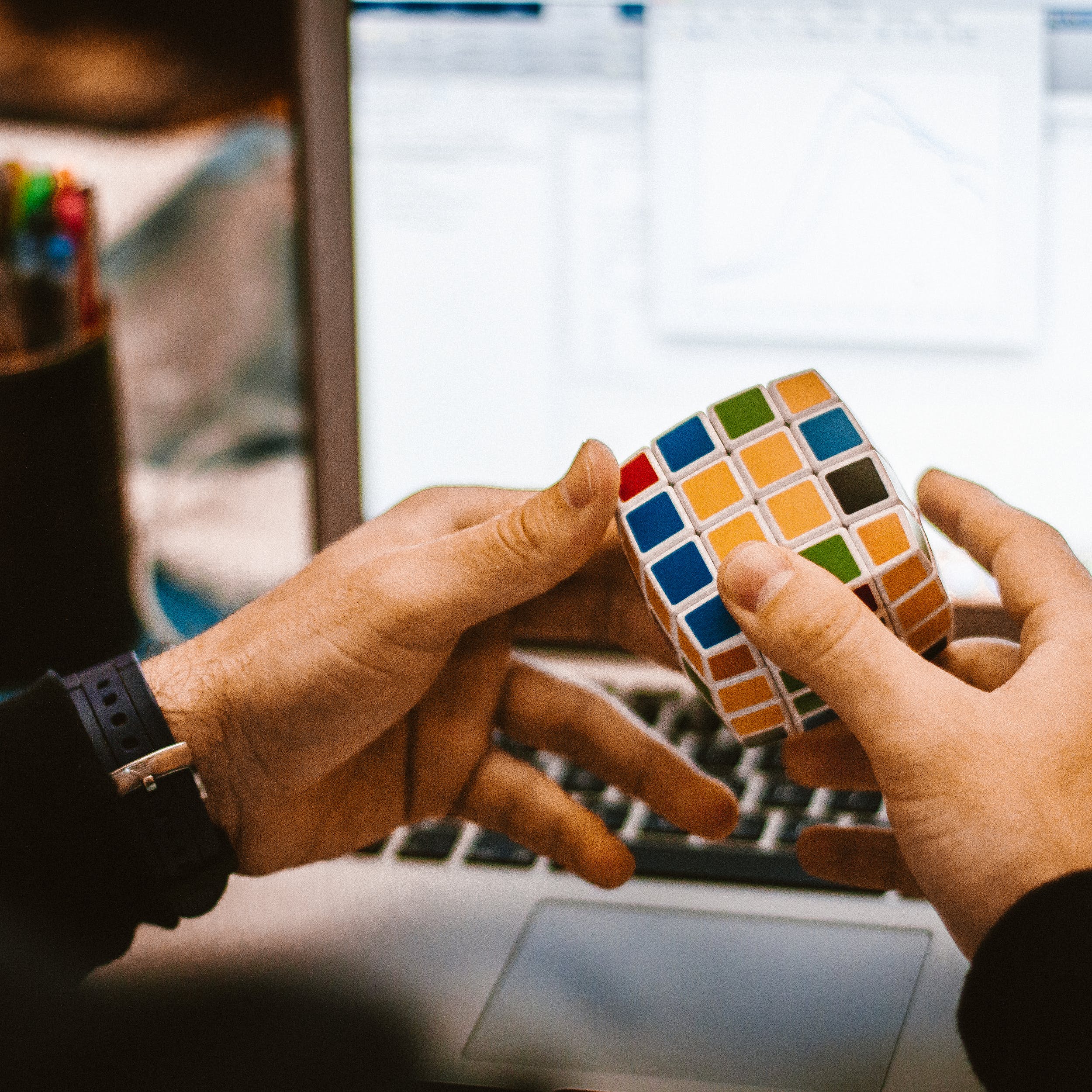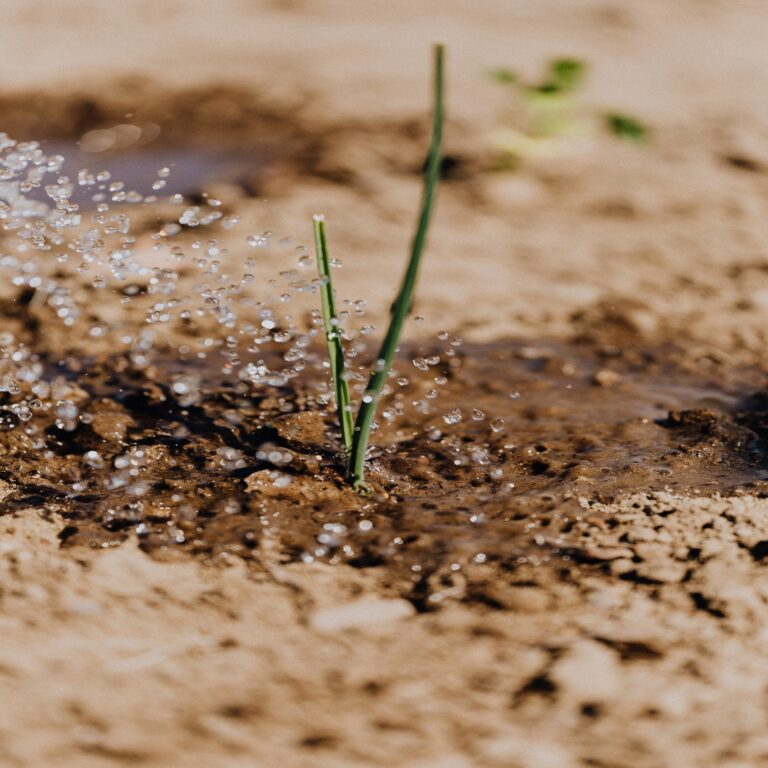A distraction-free environment is what stands between most of us and completing tasks. We have both internal and external distractions. We deal with random thoughts, second-guessing, and doubt. We also carry a phone everywhere with us. It might as well be an implant. Most of us have children, spouses, or other family and friends who seem to need our attention as soon as another member of the group gets their fix. When those distractions take a break, we unknowingly surround ourselves with desktops, laptops, tablets, televisions, gaming consoles, and virtual personal assistant devices. We don’t stand a chance.
Eliminating visual and auditory distractions can significantly improve focus and productivity. When you have a clean and organized workspace, it becomes easier to concentrate on tasks without being tempted by external stimuli. For some of us, a junky workspace has become common. It happened slowly. The slow development allowed us to overlook the issue. If our workspace looked like this faster, we would see it and clean it. The fact that it didn’t is the reason we sit in it. Our phones, TVs, and background music also cause distraction in our workspaces because we welcome the distractions because they are “required.” This scenario happens in many aspects of life. Look out for welcomed distractions.
Establishing clear objectives helps you stay focused on what’s important. When you know what you need to accomplish, it becomes easier to filter out distractions that don’t align with your goals, leading to increased efficiency and effectiveness. We have many goals and don’t see the issue in attempting to achieve them all simultaneously. That mindset is the issue. We need to prioritize. Some goals can wait, while some must wait. We need to complete the goal that makes sense. It needs to be both the prerequisite to any goals that require its completion and the one most important to you. With this method in mind, dwindle your list to 3 and then to 1. Now, it’s time to work.
Mindfulness techniques and meditation can train your mind to stay present and focused, making it easier to resist distractions. By cultivating awareness of your thoughts and emotions, you can better control your attention and redirect it to the task at hand, resulting in improved concentration and mental clarity. This approach will take some practice and may seem counterproductive in the beginning. After some time, these techniques will be beneficial and a go-to for a mental reset.
Effective time management techniques, such as the Pomodoro Technique or time blocking, help structure your workday and allocate dedicated periods for focused work. By breaking tasks into manageable chunks and scheduling specific time slots for work, you can minimize interruptions and maintain productivity throughout the day. This method will work as long as you follow it. Attention span can be an issue when you first start. Shorter time blocks will be the best to prevent the possibility of failure. As with anything, you’ll get better with time and be able to block out more time for task completion.
Excessive use of technology and social media platforms can be sources of distraction. Setting boundaries and limiting your access to these distractions can help save valuable time and attention for more meaningful activities. By reducing screen time and setting specific periods for checking emails or social media, you can maintain better focus and concentration on important tasks. This distraction is by far the most difficult for most of us. Even if we get rid of televisions and mute our phones, we are still most likely sitting at a computer. We can combat this issue by gathering the information needed from the internet, and then working without the internet connection. The internet issue will add a step of difficulty in allowing distraction into our workspace.
In closing, eliminating distractions through these methods can lead to increased productivity, enhanced focus, and improved time management. Ultimately, these behaviors will enable success in achieving your goals. Eliminating distractions will be an asset in obtaining goals. The less we have standing in our way, the better chance at obtaining the one goal we focused on, opening up our list for the next important goal.
Food for thought. You do the dishes!



